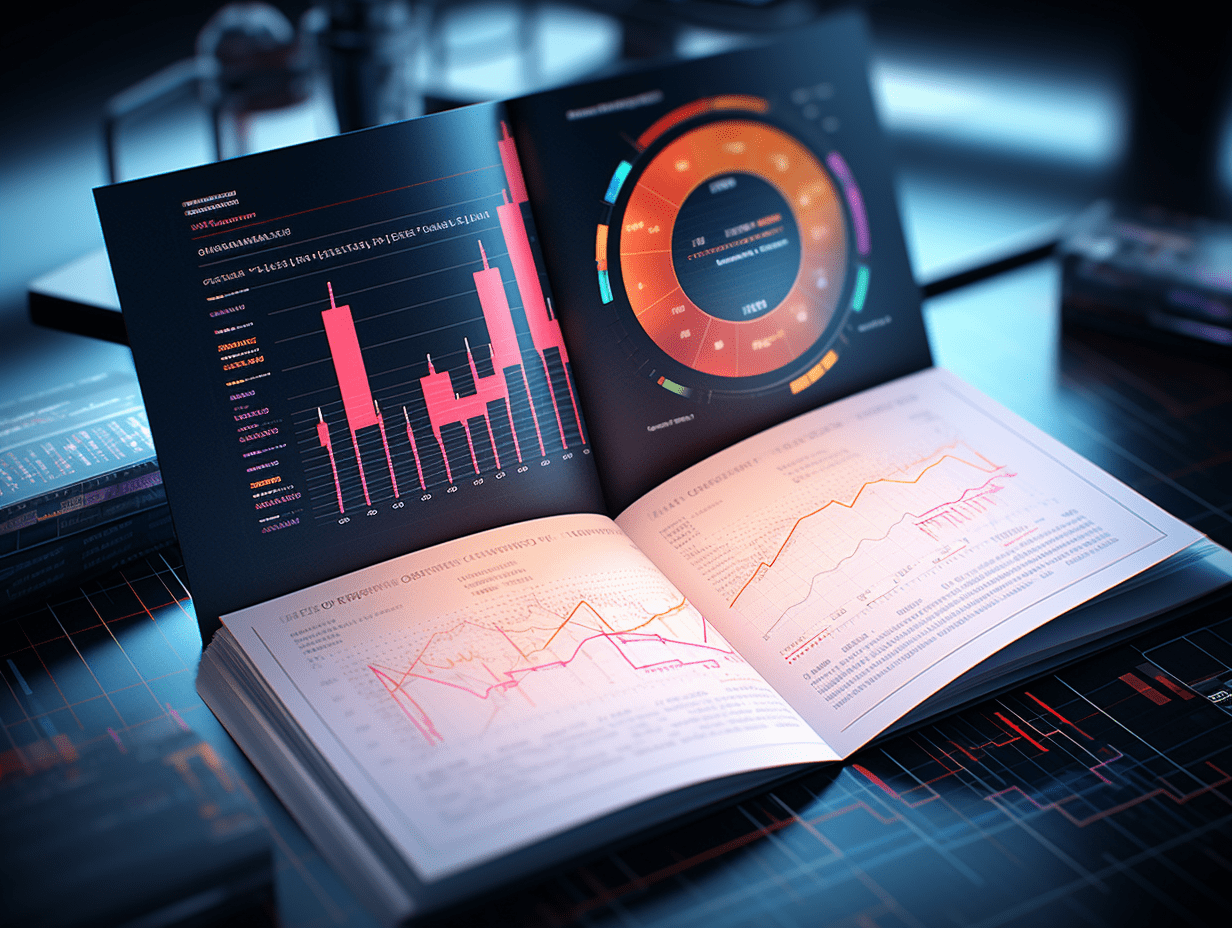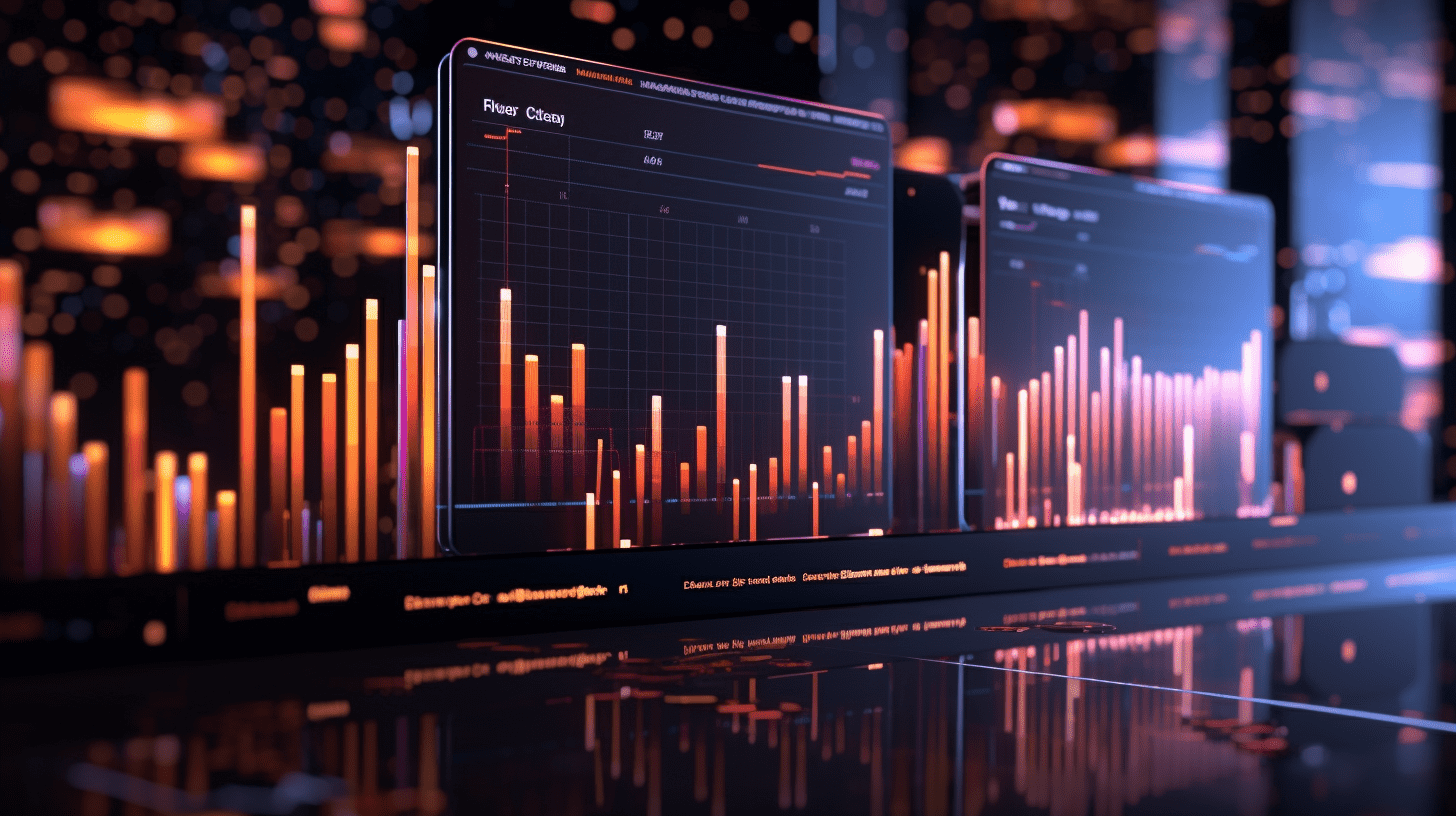"Buffett indicator" flashes a bullish signal! Is the US stock market, which has experienced severe volatility, welcoming a historic bottoming opportunity?
The index is currently at 180%, approaching the level after last year's brief intense sell-off, indicating that the stock market valuation is relatively cheap. However, as a comparison, this valuation index is still higher than the general level at the bottom of the market in the past, including the sell-off triggered by the COVID-19 outbreak in early 2020, when the index dropped to nearly 100%.
Legendary investor Warren Buffett, known as the "Stock God", has long advocated a key valuation indicator suggesting that the overall valuation of the US stock market is currently relatively cheap. This supports the view that the strong rebound of the US stock market, which has been in severe volatility since April due to the unprecedented global trade policy led by the Trump administration, is expected to continue in the long term.
This key valuation indicator, known as the "Buffett Indicator", measures the ratio of the total market value of the US stock market to the US gross domestic product (GDP) in US dollars. It is currently at its lowest level since early September. The indicator is currently at 180%, close to the level after a brief severe sell-off last year, indicating that the valuation of the US stock market is relatively cheap. However, compared to historical market bottoms, including the sell-off triggered by the COVID-19 pandemic in early 2020, the indicator is still higher.
The calculation method of the "Buffett Indicator" is simple, obtained by dividing the quantitative total market value of the US stock market by the US gross domestic product (GDP) in US dollars. Currently, the indicator has dropped to its lowest level since early September last year - even after the rapid rebound in the stock market in recent weeks.
Buffett, the 94-year-old CEO of Berkshire Hathaway, will host the annual shareholders meeting in Omaha, Nebraska this weekend, which is also known as the "Oracle of Omaha". Buffett has repeatedly stated that the "best single indicator" to measure stock market valuation levels is the ratio of the total market value of US listed companies to the US GDP.
At the end of last year, this valuation indicator hit a historical high, sending a valuation warning to global investors, when the "Buffett Valuation Indicator" exceeded 200% - a crucial signal to "reduce holdings", similar to warning signals released before the onset of inflation in 2021 and the market peak on the eve of the bursting of the dot-com bubble in 2000.
Currently, the indicator is around 180%, close to the level after the recent sharp drop in US stocks due to the unwinding of yen carry trades last year. The massive sell-off that opened the way for the strong rebound of the S&P 500 index by the end of 2024.
"This is a very key indicator that helps traders to determine when to deploy capital and actively buy stocks," emphasized Adam Sarhan, founder of 50 Park Investments. He has been buying a large number of large tech stocks in the US stock market recently, such as Apple Inc., Alphabet Inc. Class C, and NVIDIA Corporation. "The ongoing new global trade war is still worrying, but if the Trump administration no longer takes a hardline stance on tariffs, and valuations are now more reasonable, people will choose to buy aggressively on dips."
Since the beginning of this year, the importance of various quantitative valuation indicators has increased significantly, as investors urgently need quantitative indicators to determine whether the selloff caused by tariffs has made stock prices relatively cheaper, thereby catalyzing the continued upward trajectory of the US stock market. The benchmark index of the US stock market - the S&P 500 index has rebounded 12% from its low point in April, making traders hesitate whether to continue betting on the bullish momentum driving the S&P 500 index higher or to choose to buy on dips during pullbacks, or to increase hedging positions and bet on a market downturn. The index is still nearly 10% below the record high set in February.
In addition to the uncertainty of the new round of global trade war led by the Trump administration, investors are also preparing for the upcoming earnings season in the next few weeks and the Federal Reserve interest rate policy meeting next week, all of which could determine the general trend of the US stock market and even the global stock market.
Controversy about the "Buffett Indicator" in the market
As far as the "Buffett Indicator" itself is concerned, it is still higher than the general level at market bottoms in the past, such as during the sharp decline caused by the pandemic in early 2020 when it neared 100%. Other commonly used valuation indicators also convey similar signals: the forward price-earnings ratio of the S&P 500 is currently about 20.6x, a decrease of about 8% from the beginning of the year, but still higher than the average forward price-earnings ratio over the past 10 years, which is around 18.6x.
This indicator is also controversial, as critics in the market generally believe that it ignores the overall negative impact of increasingly high interest rates. Higher borrowing costs can erode corporate profits in the US and significantly drag down stock prices. Some strategists also point out that valuation indicators are not accurate tools for market timing and trend judgment, as assets may not undergo so-called valuation corrections due to long-term undervaluation or overvaluation.
Nevertheless, few investors choose to ignore the indicator long advocated by Buffett himself. Traders are eagerly awaiting the Berkshire shareholders meeting on Saturday, hoping to capture more new signals - namely whether Buffett has used the company's record $321 billion cash reserve to "pick up bargains" during the selloff.
This may be one of the last annual meetings hosted by Buffett. In his letter to shareholders earlier this year, he stated that "soon" a successor (most likely Greg Abel) will take over as CEO of Berkshire Hathaway.
Scott Colyer, CEO of Advisors Asset Management, said, "Buffett is always a long-term investor. It will be crucial to hear how he views the overall trend of the US economy and whether lower valuations prompt him to invest heavily in US stocks, especially whether he will increase his position in long-time top holding Apple Inc."
A secure "safe haven"! Buffett-led Berkshire Hathaway significantly outperforms the S&P 500 index
With the new global trade war initiated by US President Donald Trump this year sending the entire US stock market into turmoil, Berkshire Hathaway led by Buffett has demonstrated its strong safe-haven investment attributes with an unprecedented $334.2 billion cash reserve. Especially during the US stock market crash, Berkshire Hathaway's position as a safe marginally strong stock with continued stable investment returns has been significantly boosted."Bonjour, comment a va?"
Hello, how are you?The Berkshire Hathaway Company's B Class stock (BRK.B.US), which has a relatively cheap stock price, has surged nearly 17% since the beginning of the year, outperforming the S&P 500 index, which has dropped almost 5% this year. Dubbed the "Stock God," Warren Buffett's Berkshire Hathaway Company has been seen as a "safe haven" in turbulent stock market times, attracting Wall Street investment institutions to flock to the stock. While the "Stock God" himself has many individual followers worldwide who embrace Berkshire Hathaway during times of market chaos, investing heavily to "recharge their faith."
This significantly stronger stock performance compared to the S&P 500 index highlights the overall positive trend of the large conglomerate led by "Stock God" Buffett headquartered in Omaha, Nebraska by 2025. The group's current market value has surpassed 1 trillion US dollars, ranking 8th in the global market value ranking, ahead of companies like Taiwan Semiconductor Manufacturing Co., Ltd. Sponsored ADR (TSM.US), Broadcom Inc. (AVGO.US), and Tesla, Inc. (TSLA.US).
Although there is no direct evidence or direct statements from Buffett suggesting a bearish view on the stock market, his increasingly cautious investment strategy in recent years is evident through factors such as the growing cash reserves and significant reduction in Apple Inc. (AAPL.US) holdings in 2024. With immense cash reserves, particularly in short-term US Treasury bonds, and a sharp decrease in risk exposure after reducing Apple Inc. holdings, Buffett has managed to perfectly avoid the downturn in the US stock market since late February. Additionally, the substantial income from the recent continuous rise in short-term US Treasury bonds, due to the spread of US bond prices + interest, may not be inferior to the investment returns from Buffett's stock portfolio this year.
Related Articles

California Governor: California continues to "keep its trade doors open" to China.

2025 Berkshire Hathaway shareholders meeting summary: Buffett talks about "retirement", trade, cash deployment, American exceptionalism, US stock market volatility.

Net profit greatly reduced? Let's look at Berkshire management's analysis of the financial condition and operating results for Q1 2025.
California Governor: California continues to "keep its trade doors open" to China.

2025 Berkshire Hathaway shareholders meeting summary: Buffett talks about "retirement", trade, cash deployment, American exceptionalism, US stock market volatility.

Net profit greatly reduced? Let's look at Berkshire management's analysis of the financial condition and operating results for Q1 2025.

RECOMMEND

Berkshire Hathaway Shareholders Meeting Q&A Live: Buffett Talks about Trade, Japan, and Cash Deployment in 2025.
03/05/2025

Why has net profit significantly decreased? Berkshire Hathaway (BRK.A.US) 2025 Q1 management discussion and analysis of financial condition and operating results.
03/05/2025

Buffett's designated successor - Who is Greg Abel? Can he continue the legend of the "Stock God" Buffett?
03/05/2025


